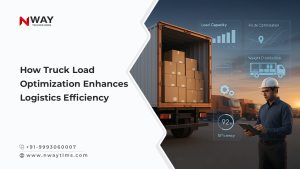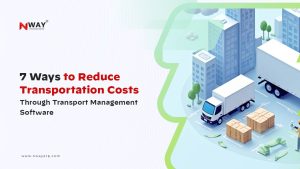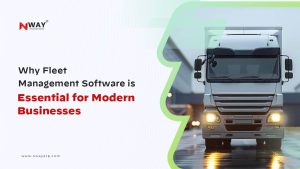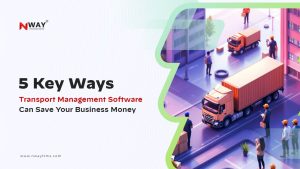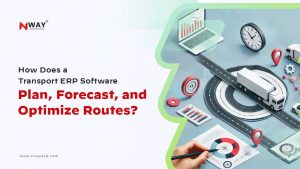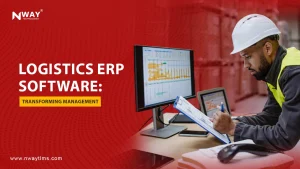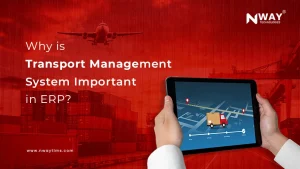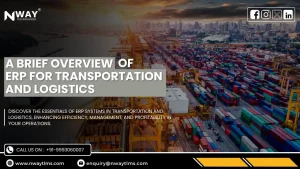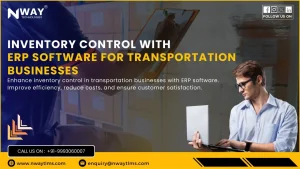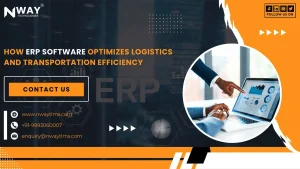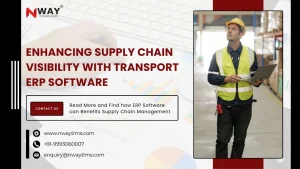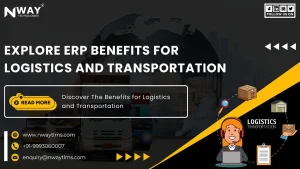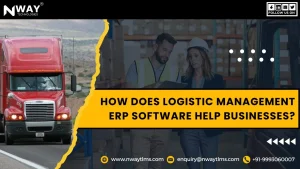How ERP Improves Business Performance of your Logistics Business ?
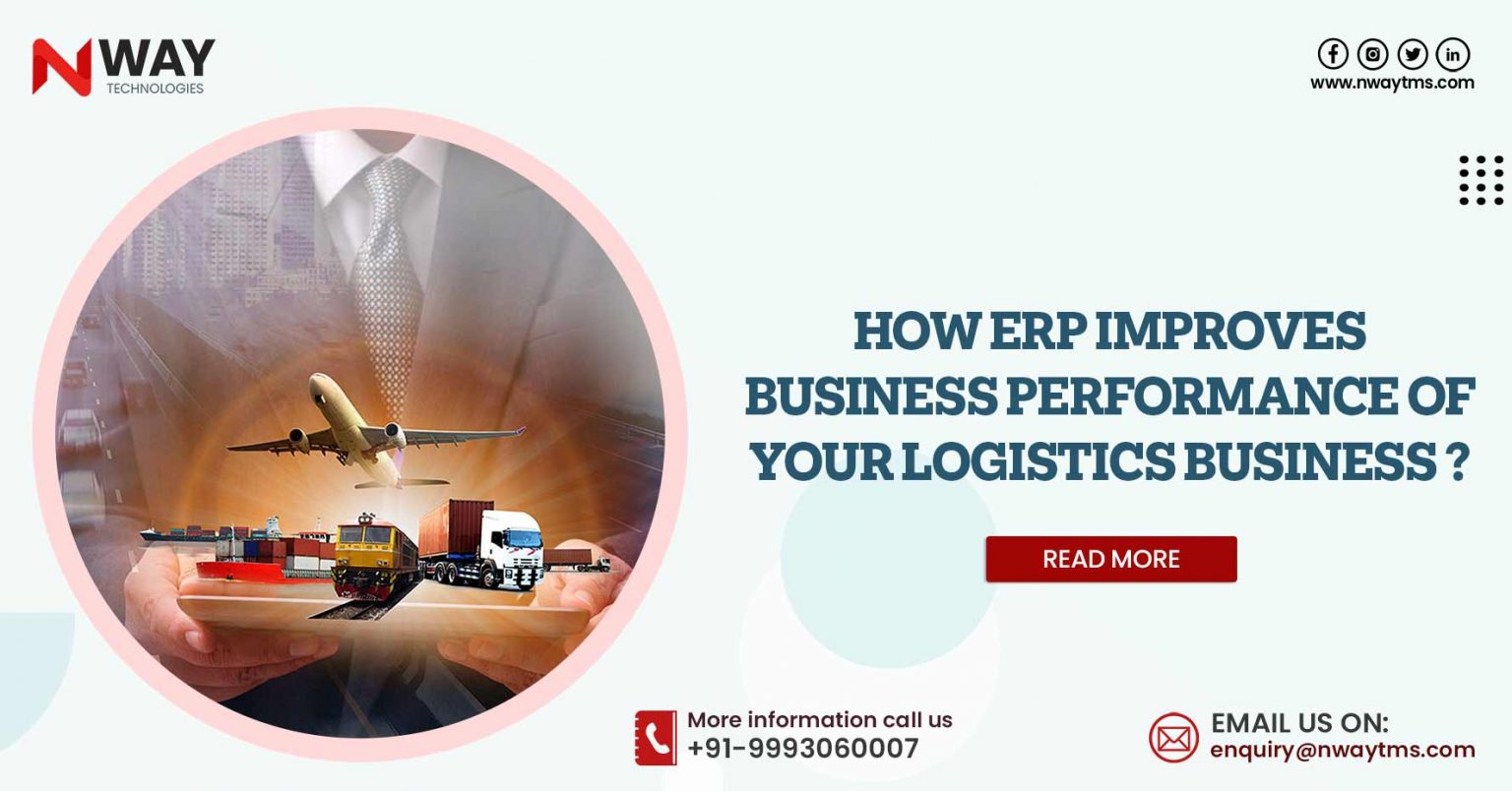
Logistics businesses can have a complicated operational environment. Several departments within this business require their software to keep everything running smoothly. Read on to discover how an enterprise resource planning (ERP) system can help optimize your logistics business and improve its performance. Logistics ERP Software streamlines the operations of a business so that all of the company’s departments work together smoothly and efficiently. Using an ERP system optimizes the performance of your logistics business by standardizing processes and removing redundant tasks so employees can spend more time focusing on the most important things. Let’s look at how ERP systems help you achieve those results.
ERP systems help streamline logistics operations
A primary reason to implement an ERP system is to streamline the operations of your logistics business. An ERP system will help you organize your operations and integrate processes across departments so employees can work together seamlessly and efficiently. Regarding logistics, you have to coordinate the activities of several departments such as purchasing, shipping, inventory management, warehousing and sales. You may even have external third-party companies involved in your logistics operations, such as a trucking company that transports your goods or a third-party logistics company that manages your warehouse operations. An ERP system helps you standardize how these functions work and makes it easy for departments to communicate, collaborate and share information. Integrating your logistics operations is easy when different departments use the same software. An ERP system can help you to improve your logistics processes and achieve better results across the board.
ERP Systems Help to Integrate Your Logistics Processes
An ERP system can help integrate your logistics processes and is especially useful for companies with complex operational environments. An ERP system can integrate your logistics processes in two ways: First, it can handle the logistics for individual departments or work groups. Second, it can integrate the processes of the entire business. An ERP system can integrate individual departments’ operations by including inventory and warehouse management. And the system can integrate the business as a whole with features such as sales and procurement management. An ERP system will help you organize and manage your operations more efficiently, which will, in turn, help to increase your productivity and lower your costs.
ERP Systems Help to Eliminate Redundant Tasks
Logistics departments have certain tasks specific to their area of operations, and there may be other everyday tasks across departments. An ERP system can help to eliminate redundant tasks and streamline your business operations by managing the most important aspects of your business. An ERP system can help you to manage key aspects of your business, such as inventory management, procurement, customer relationship management and sales. And it can help you to manage the information that relates to each of these functions. An ERP system can help you standardize your operations and eliminate redundant tasks so employees can focus on what matters most. ERP systems can help organize and manage key business functions, making it easier for employees to access and use the information they need to do their jobs. An ERP system can help eliminate redundant tasks and streamline your operations by standardizing processes across departments so that employees use the most efficient working methods.
ERP Systems Help to Maintain Customer Relationships
A logistics company’s customers may be located in different parts of the world and may reach out to your company from any number of locations. An ERP system can help you manage customer relationships to strengthen those essential connections. An ERP system can help organize and manage customer information, making it easier for employees to access the information they need when they need it. An ERP system can make it easy for you to track customer orders and shipments and help you manage customer queries and requests. When your system is equipped with the proper customer relationship management (CRM) software, you can use it to track all of your customer interactions. You can track when and where customers reach out to you and what they need. The system can help you stay organized and follow up on customer requests and issues to resolve them quickly. An ERP system can help you to manage your relationships with customers across the globe. It can also help you to stay organized so that you can react to customer needs on time.
Conclusion
ERP systems can help streamline and optimize your logistics business operations. An ERP system will help you to organize your operations and integrate the processes across departments. An ERP system can help you to eliminate redundant tasks by managing the most important aspects of your business. An ERP system can help you maintain customer relationships and track customer interactions so that you can quickly follow up on customer requests. A logistics company can benefit from an ERP system by improving the performance of its business and achieving better results across the board.
Let’s make running your construction business a little less crazy.
Subscribe for weekly insights.
Recent Posts



